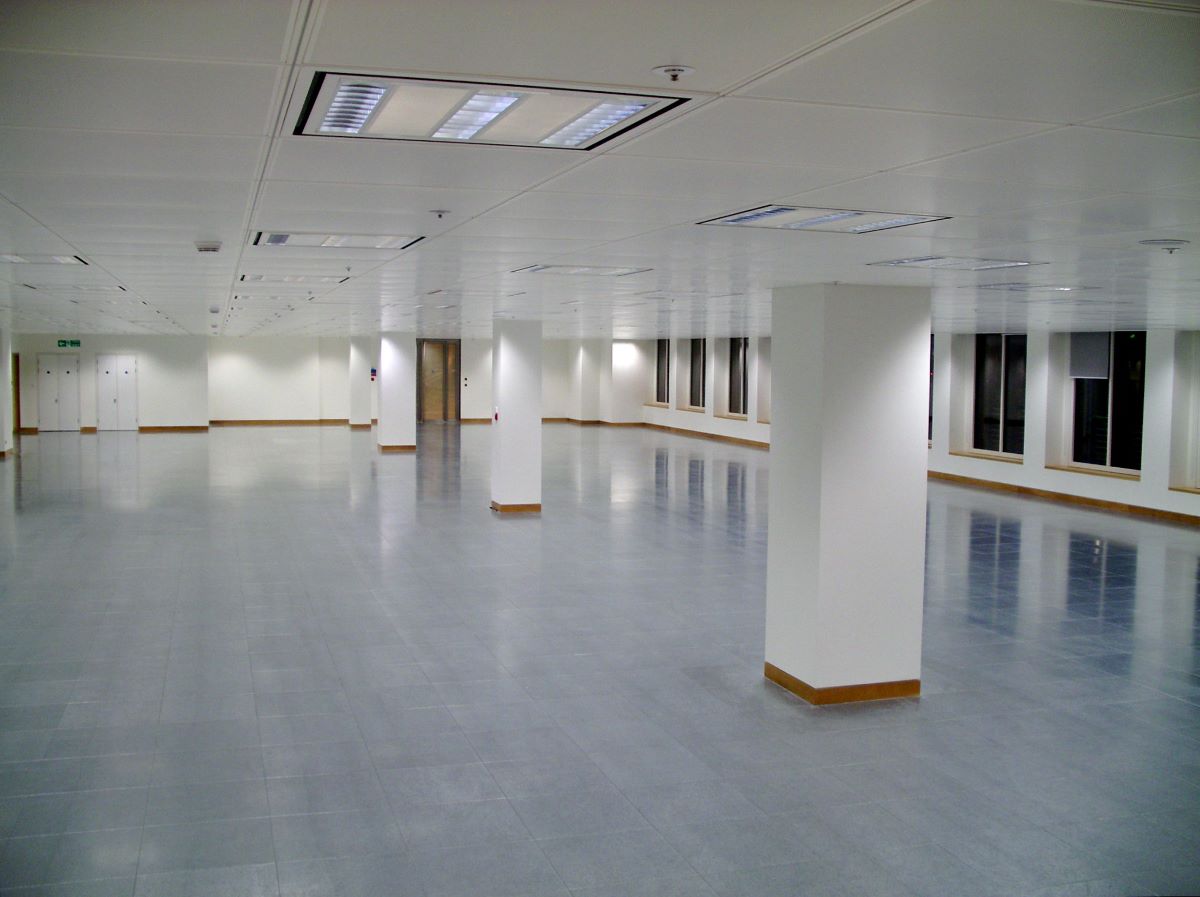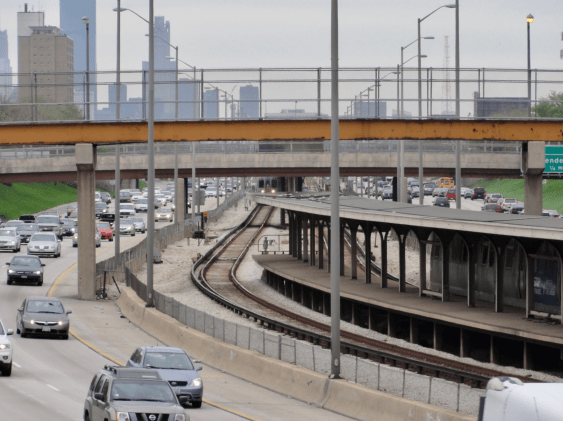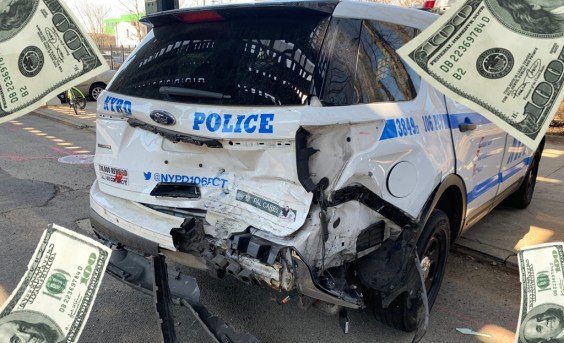The idyllic cross-country train trips that many Americans still take could get derailed by today’s “slash and burn” federal budget policies. Meanwhile, fears for the safety of rail passengers in the post-bin Laden era are drumming up political support for costly security measures and raising, once again, questions about why the federal government funds rail routes without any promise of profitability.
At this morning’s Senate Appropriations hearing on budget requests for the Federal Railroad Administration (FRA) and Amtrak, the three senators in attendance were unified in their support for funding rail transportation. They're working on the funding request for the FRA for 2012, not the rail piece of the overall transportation reauthorization. Still, with huge disagreements over spending levels in Congress still raging and a showdown looming over cuts as a quid-pro-quo for raising the debt ceiling, next year's funding is a significant question.
So the three senators present wanted to know how they could be expected to defend rail funding without more transparency in the budget allocation process. They also asked pointed questions about what the administrators of the FRA and Amtrak were doing to keep riders safe from the terrorist attacks threatened by Al-Qaeda.
The FRA has taken on a greater role in the allocation of funding for rail projects over the last several years and senators appeared frustrated over a lack of clear information as to where the funding would come from. Indeed, some security projects appear in the FY2012 budget request but the FRA is also requesting a USDOT loan to for the same thing.
Transportation Appropriations Subcommittee Chair Patty Murray (D-WA) was quick to commend FRA Administrator Joseph Szabo for his efforts, but called him out for not improving transparency about how, when, where and why projects are funded. “I support investments,” she made clear. “Now is the time to address critics head on. We must communicate with the people.”
Murray and Sen. Frank Lautenberg (D-NJ) presented a grim future for surface transportation if funding does not keep up pace with booming population growth. The only other senator to speak, ranking Republican Susan Collins of Maine, agreed and reminded her colleagues that the ambitious national rail plan proposed by the FRA, including high-speed rail, has yet to be followed up with any cost estimates, for construction or operations.
Szabo, for his part, could only promise that studies to be released within “the next couple of months” would present the “broader business case” for funding both high-speed rail and individual projects across the country. Szabo, the first union railman to hold his position, was proud of what his agency was doing to keep hazardous freight secure – but admitted that there are still unimplemented security measures that date back to 9/11. He pointed out that for every $50 spent on aviation security, only $1 went to surface transportation.
Mr. Szabo’s predecessor and the current president and CEO of Amtrak, Joseph Boardman, was noticeably more willing to get into details. He agreed that a disproportionate number of Amtrak employees received overtime in the last few years, particularly during ARRA-funded projects, but said that it would have actually cost more to bring on new employees with Amtrak’s full benefits packages (54 percent of the salary-related cost) and train them for the required 24-30 month period, only to lay them off as soon as projects were completed. He said that Amtrak was already addressing overtime, as well as other operational overhead, wherever it could be reduced, but it was clear he did not see these among the biggest budget problems.
Sen. Collins presented Boardman with a pointed question: “How, given that you are serving more passengers than ever before, each and every month, are you losing more money than last year?" His answer began with a awkward nod to rail advocates.
The pro-rail folks always shudder and get concerned when I talk like this, but you are not going to be able to cut costs enough on long distance trains to make them profitable. It becomes more a question of policy of whether we are going to have border-to-border, coast-to-coast connectivity.
Despite record increases in ridership, Amtrak continues to rely on federal funding to keep all of its trains running. Collins wanted to know what Boardman thought of former Pennsylvania Gov. Ed Rendell’s ideas for severing the budgetary ties between Northeast railways and the rest of the country. As he has said before, Boardman believes this would only decrease ridership by disconnecting what should remain a unified transportation system.
He was also quick to remind Collins that long-distance routes are, for many rural Americans, their only connection to regional and local transit systems. Congress mandates that Amtrak operate those routes, which no private carrier would, as a public service although they do lose money. Boardman warned that while cutting those routes may seem like low-hanging fruit, it would be painful to those who most need transportation options -- and would inevitably yield negative affects on ridership elsewhere.





